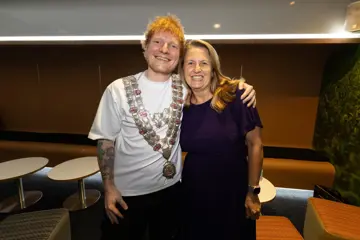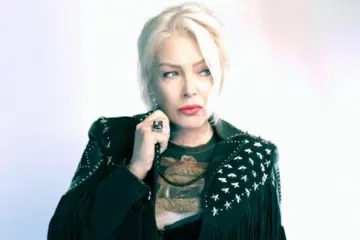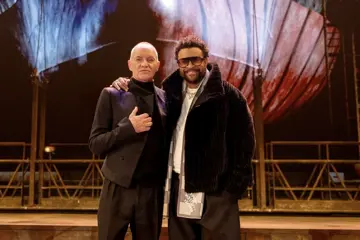Trying to define what an independent label is in 2017 can be a difficult task, but if anyone can do it, it’s the speakers at the inaugural Indie-Con in Adelaide.
Industry icon Sebastian Chase, Kill Rock Stars’ Portia Sabin, Mushroom Group’s Chris Maund, Stolen Recordings’ Merida Sussex and Chapter Music’s Guy Blackman tried to do just that at day one of the conference.
While it’s hard to pin down the definition – Blackman stating the internet really “confused what independent means” – it’s clear indie labels still play an integral role in artist development.
Here’s what we learnt:
Sebastian Chase
“The starting point has moved where an artist starts their own career themselves and then they’re looking for a partnership. To me, the modern label has got to stand for something and it has to stand for something that appeals to that particular artist’s ethics and vibe and what they want to do, so there’s a value that gets formed between them that’s unique and necessary.”
Merida Sussex
“We tried to educate the bands on how to have a long career regardless of us, so take ownership. We would get phone calls saying ‘This hasn’t been done properly’, and we’d immediately react to it. We wanted to empower the artist beyond us.”
Guy Blackman
Don't miss a beat with our FREE daily newsletter
“Major or independent, the arsehole and ponytail, cocaine snorting people are gone because the only people left in the music industry are people who have a passion for music…there’s no enemies; I feel like the only people left are people doing it for the right reasons.”
Portia Sabin
“One of the things about being an independent is we also want independence for our artists, whereas when I think of the major system, I think of dependence because you’re basically locked in. Do know how many artists have got their freedom from a major label deal? And I think that’s a big part of it."
Chris Maund
“It’s not as simple as indie or not indie; I think it’s a bit like the political spectrum - you have left wing parties, you have right wing parties and parties that sit somewhere in-between on the spectrum. You have bedroom operators that have nothing to do with the majors that are definitely very indie, then you have the major labels on the other end and a vast spectrum of independents that use majors for various reasons."














